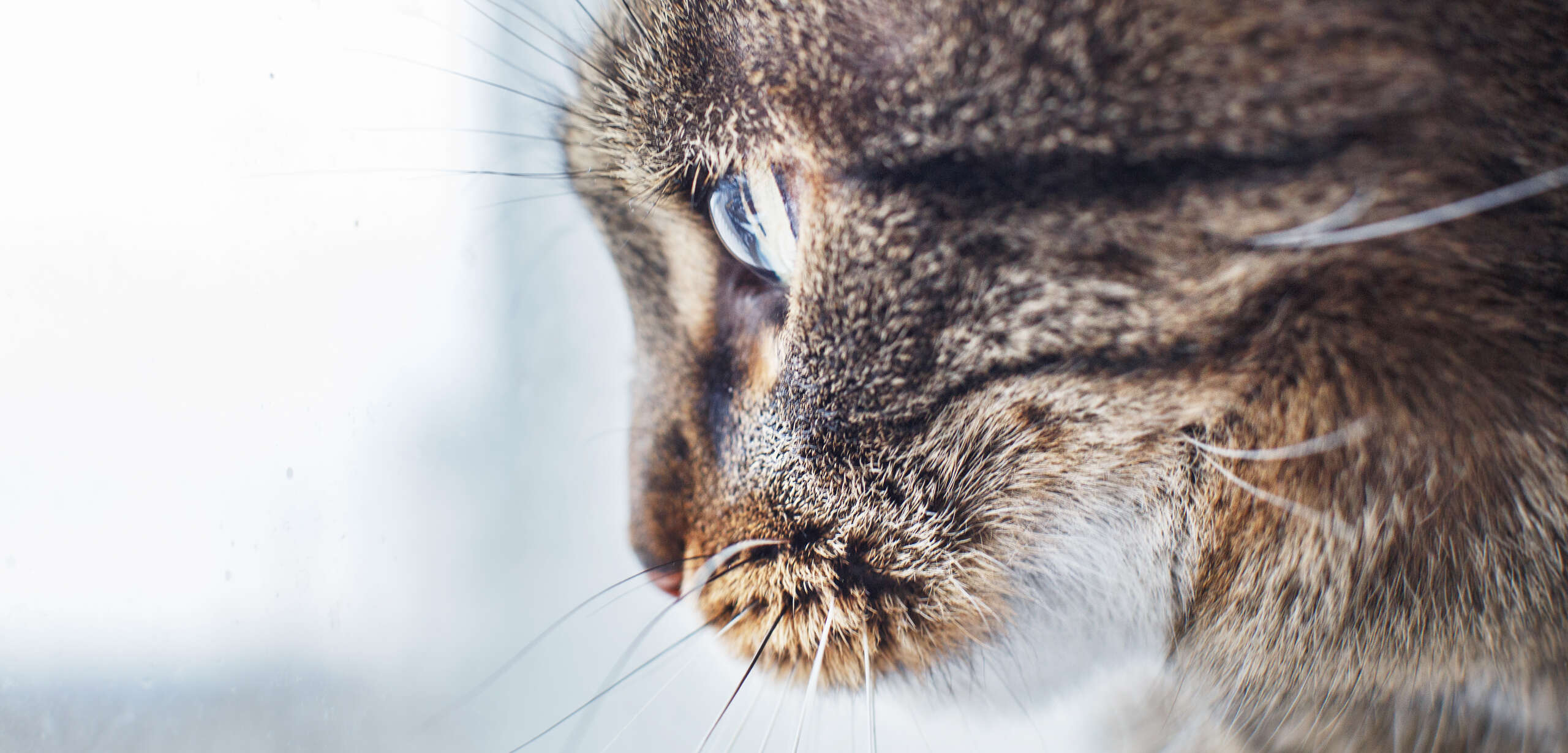Share This Article
The majestic British Shorthair has captured hearts worldwide with its plush coat and charming “teddy bear” appearance. Whether you’re considering adding one to your family or simply fascinated by this remarkable breed, this comprehensive guide will tell you everything you need to know about these beloved felines.
The Rich History of British Shorthairs
Originally street cats of Britain, these sturdy felines have evolved into one of the most sought-after pedigree breeds. Their journey from Roman times to modern-day companion animals is a testament to their enduring appeal. While they’re most famous in their “British Blue” variation, these cats come in many stunning colors, including the increasingly popular Golden British Shorthair.
Distinctive Physical Characteristics
British Shorthairs are known for their robust build and distinctive features:
- Round, chubby face with prominent whisker pads
- Dense, plush coat that feels like luxurious velvet
- Sturdy, medium to large body structure
- The short, thick tail
- Wide-set copper or golden eyes

Temperament: The Perfect Family Companion
Often called the “gentleman” of the cat world, British Shorthairs are calm and easygoing, making them ideal family pets. Unlike more demanding breeds, they maintain a perfect balance of affection and independence. While they enjoy company, they’re not typically “lap cats” and prefer to show their love by staying close rather than demanding constant attention.
Health and Care Requirements
These robust cats generally enjoy good health, but there are some key aspects to consider:
Diet and Nutrition
Maintain a balanced diet to prevent obesity, which British Shorthairs can be prone to. High-quality protein-rich cat food helps maintain their muscular build and coat health.
Grooming Needs
Despite their thick coat, British Shorthairs are relatively low-maintenance:
- Weekly brushing is usually sufficient
- Increased grooming during seasonal shedding
- Regular nail trimming and dental care
- Occasional bath only when necessary
Health Considerations
Watch for common health issues:
- Hypertrophic cardiomyopathy (heart condition)
- Hemophilia B (more common in males)
- Joint problems in senior cats
Living with a British Shorthair
These cats adapt well to various living situations:
- Perfect for apartments or houses
- Suitable for families with children or elderly owners
- Compatible with other pets when properly introduced
- Indoor lifestyle preferred to maintain coat condition
The British Shorthair makes an excellent companion whether you’re a first-time cat owner or an experienced feline enthusiast. Their easy care requirements, friendly temperament, and stunning looks make them one of the most popular breeds worldwide.


